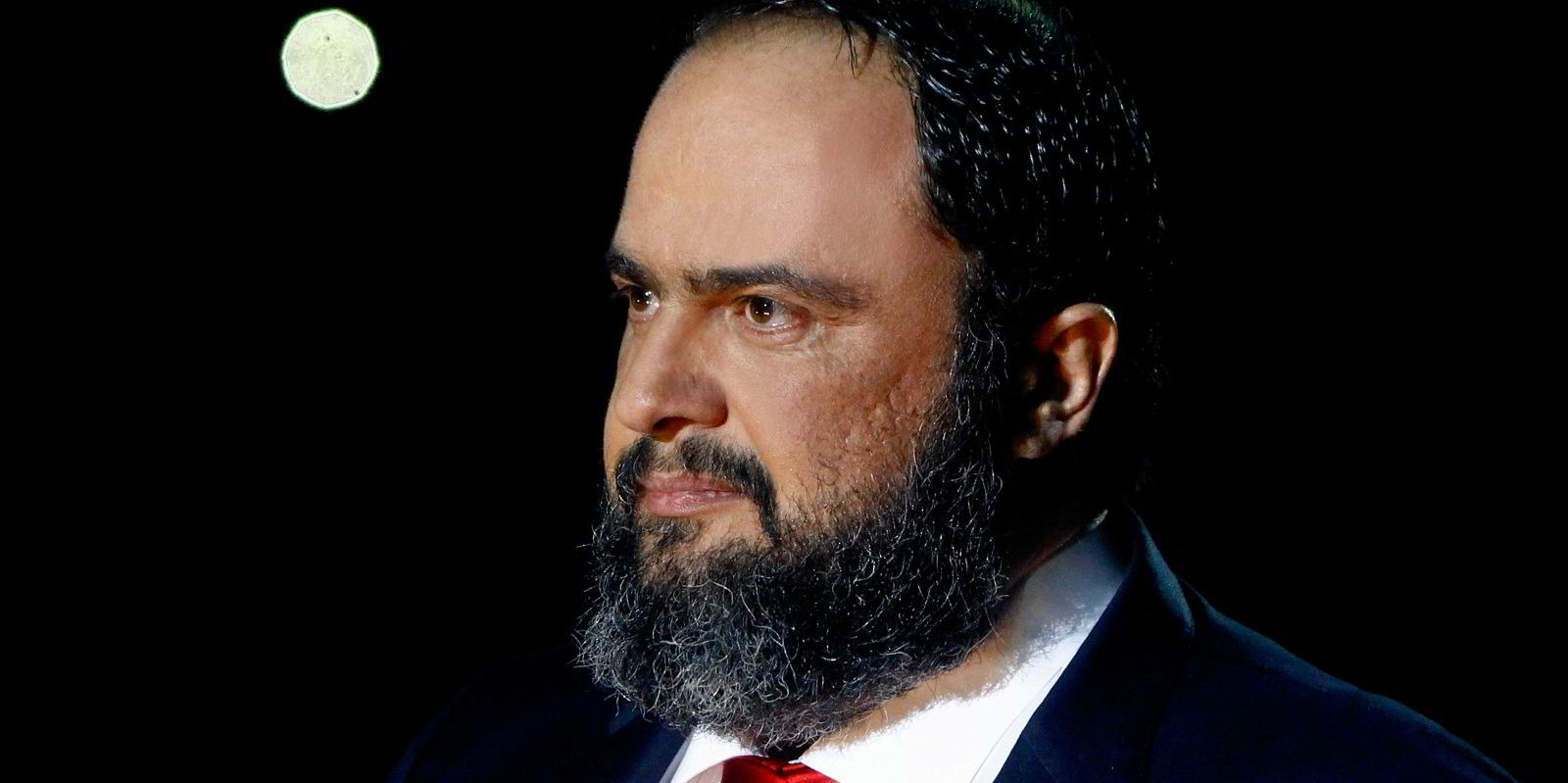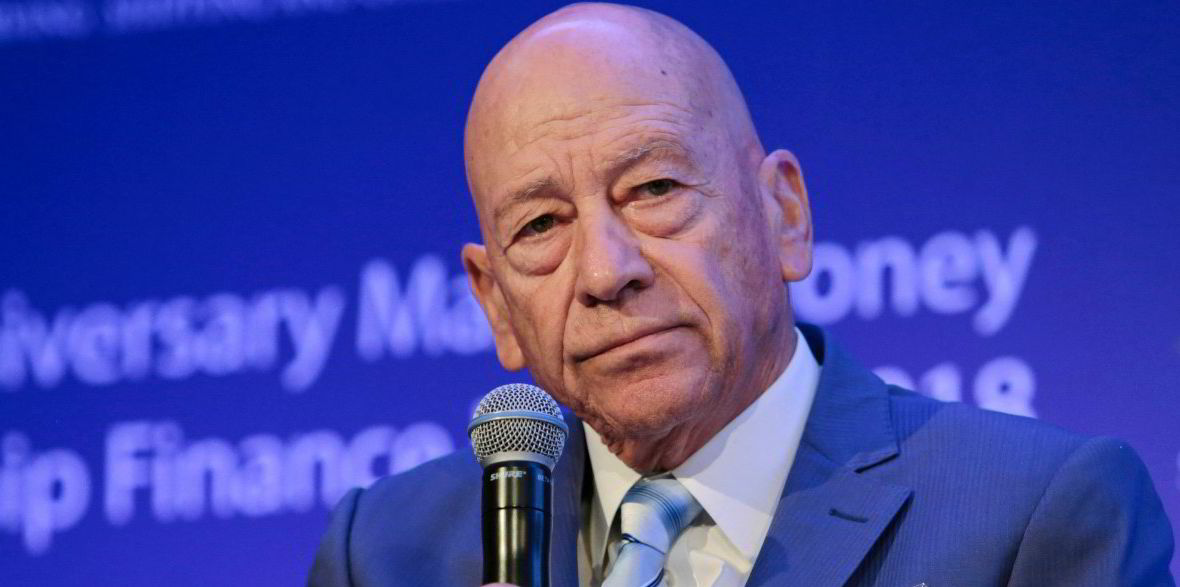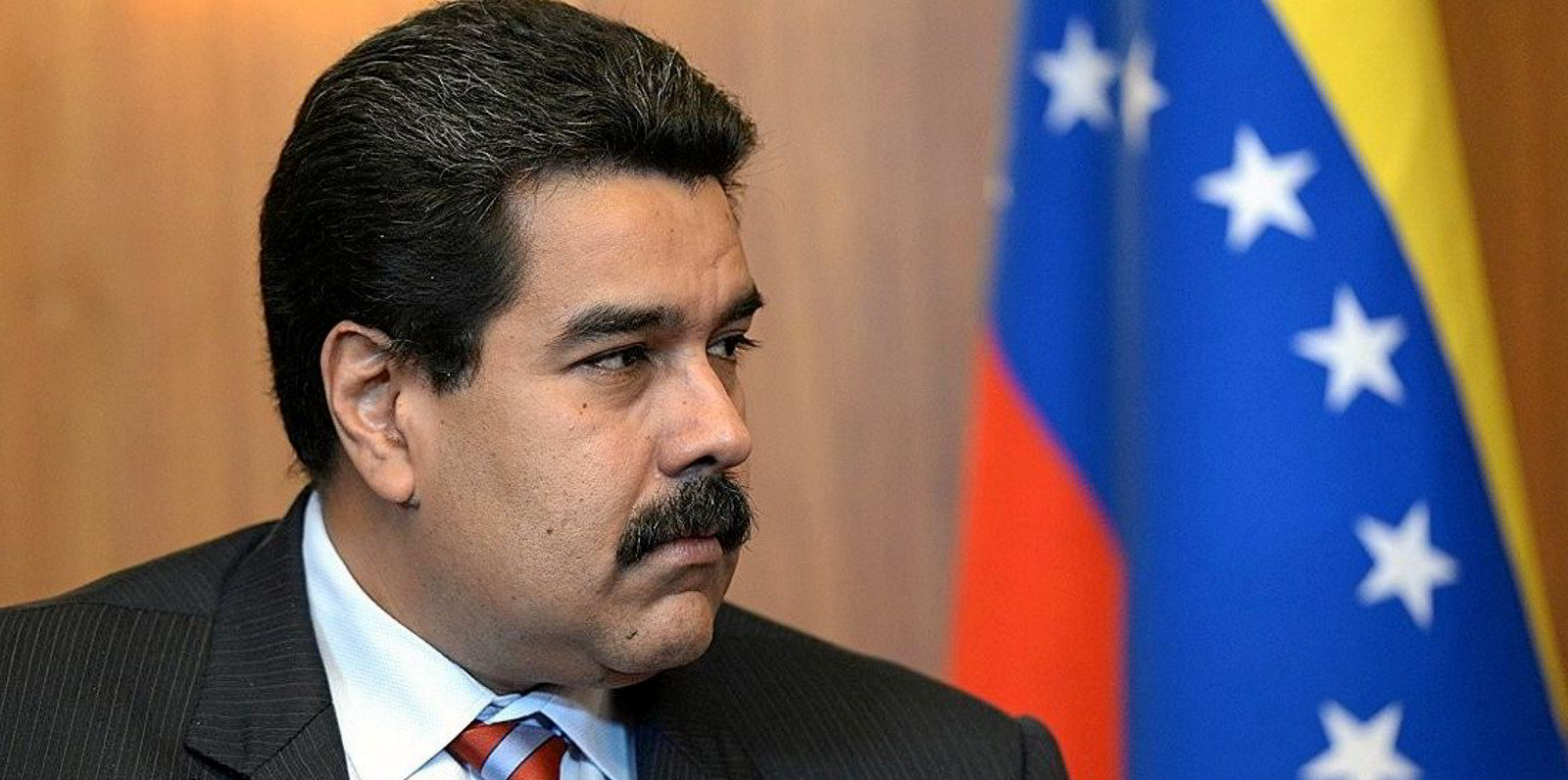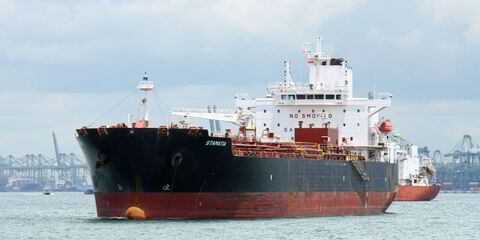George Procopiou and Evangelos Marinakis, two major Greek shipowners, expressed concerns at the way the sanctions weapon is being wielded by Western powers against Russia.
“Sanctions have never worked,” Procopiou told a panel at Capital Link’s Maritime Leaders Summit, a Posidonia event, on Monday.
Calling the conflict between Russia and Ukraine “the biggest miscalculation of the century” and “a tragedy for humanity”, Procopiou pointed to the conclusions he drew from previous sanctions against Venezuela and Iran.
“Iran became stronger and better at being self-sufficient ... Venezuelans are suffering and the elite is having a good time,” he said.
Apart from being counterproductive, sanctions are also spelt out in a confusing manner, said Procopiou.
“We’re living in a grey area all the time — what is legal, what is illegal.” Bankers and insurers make matters worse by being stricter than the regulations itself and “create a lot of misunderstandings”.
Marinakis was particularly concerned at the way sanctions work against Russia.
“I think European leaders are making a mistake,” said the principal of Capital Maritime.
Pointing to the economic fallout of sanctions on inflation and commodity prices, he added: “Instead of trying to find a peaceful solution that will solve this big problem ... they’re discussing more sanctions.”
As heavily discounted Russian oil flows to India and China, Marinakis said Asian refiners are pocketing these discounts to sell refined products back to Europe at “sky-high prices”.
“Instead of penalising Russia, we’re penalising ourselves,” he said.
“Sooner or later we’ll see the consequences ... we’re going to have a huge recession in front of us”.

Procopiou beat the same drum: “We Europeans are shooting ourselves in the foot and the only winner of this is China, and maybe India, even though not intentionally.
“After the invasion we have a new reality — a new world is before us and never will be the same as before.”
That new world may offer wider opportunities for shipping.
The change of trading patterns has increased tonne-miles, to the effect that all shipping segments benefit — even VLCCs, whose earnings have been lagging for years.
“It is an amazing rewriting of shipping lanes. We must have in mind to turn the mishap to opportunity,” Procopiou said.
“By the end of the year we’ll see very, very good markets in all the segments, I’m very optimistic.
“As nobody wants to be a guinea pig in ordering ships [due to uncertainty over future fuels] ships will last longer and will command much higher prices.”
Environmental regulations will adapt to this new situation, Procopiou said, “because without ships, we can turn off the lights”.
Greek-Iranian disputes
Procopiou, whose gas carrier arm Dynagas has a raft of LNG carriers tied up on term charters to Russian entities, is already reaping some of the benefits created by sanctions.
Two of the veteran shipowner’s tankers have been hired to carry loads of a seized Iranian cargo from Greece to the US.
Dynacom Tanker Management’s 70,400-dwt panamax Ice Energy (built 2006), which already carries 68,000 tons of oil from the Iran-flag 115,400-dwt Lana (built 2003) — a ship seized in April in Greece — has inexplicably failed to depart to the US so far and is anchored in Piraeus.
The delay in the departure of the Ice Energy may create breathing space for Athens and Tehran to resolve a standoff that ensued after Iran reacted to the Lana’s seizure by boarding and seizing two Greece-flag tankers sailing off Iran.
Speaking separately at Capital Link on Monday, Greek shipping minister Yiannis Plakiotakis continued to sound tough against Tehran.
“It is important that the international community stands firm against Iran’s illegal actions and call on the Iran government to release the two ships immediately,” he said.




